
1. Brake System Malfunctions
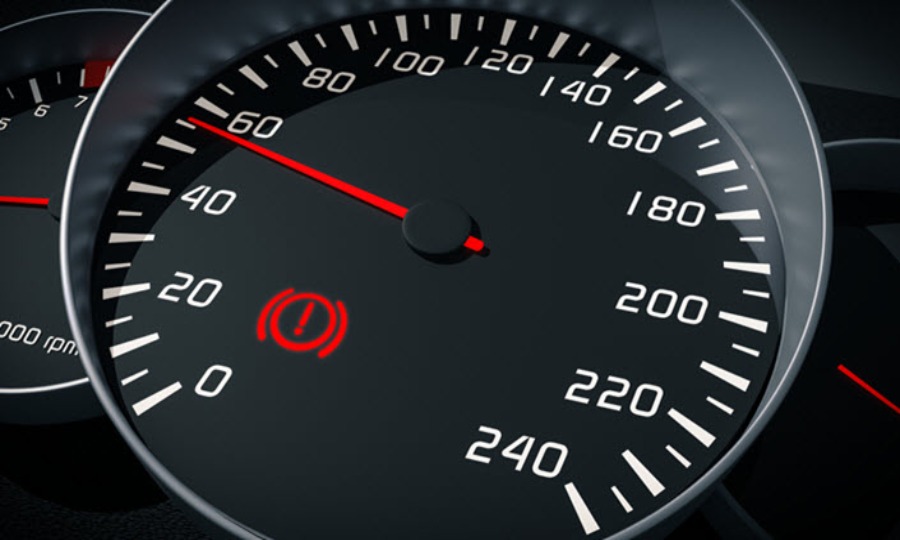
1.1 Spongy Brakes
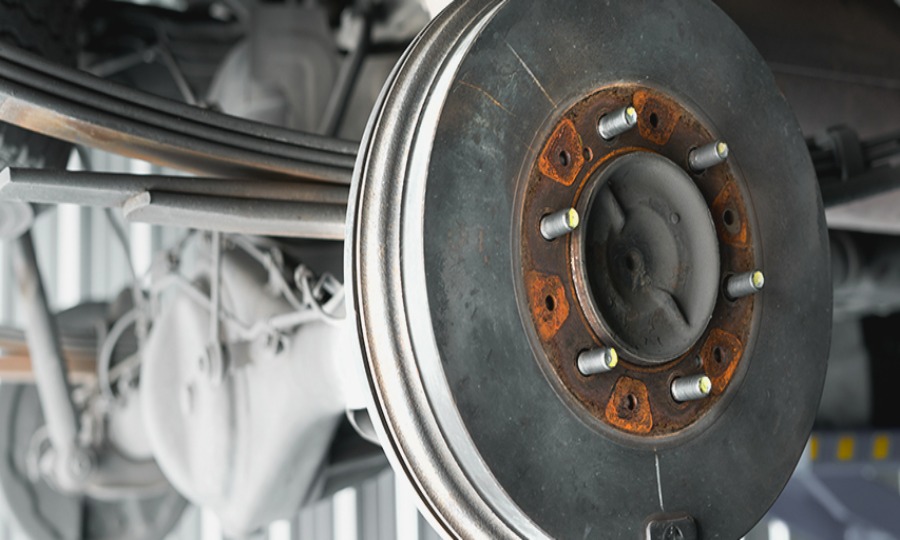
Having spongy brakes can be a concerning issue, as it affects your vehicle's stopping ability. Air bubbles in the brake lines or worn-out brake pads can cause a spongy brake pedal feel. If you experience this problem, it's crucial to have your brake system inspected and repaired immediately. Bleeding the brake lines or replacing worn-out brake pads can resolve spongy brake issues.
1.2 Brake Noise
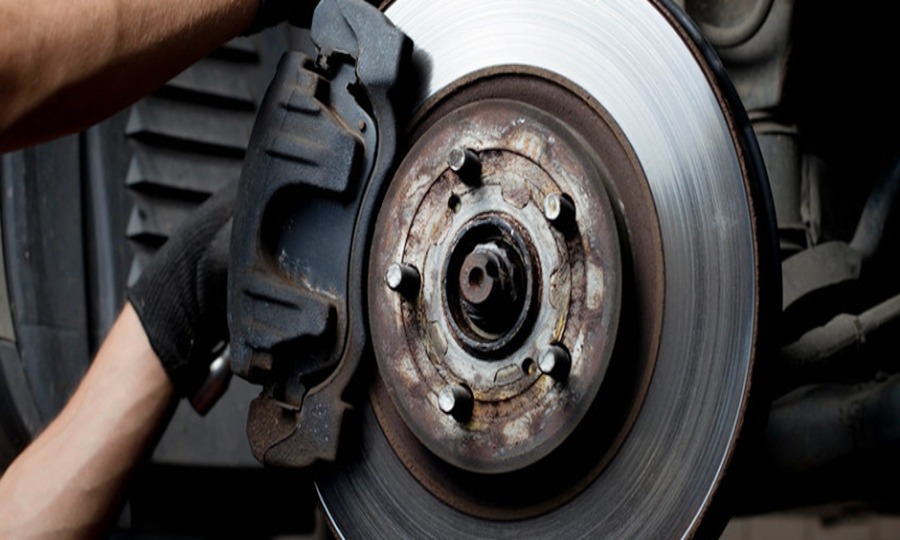
Brake noise, such as squeaking or grinding, is a common problem that Skoda car owners may encounter. Brake noise can occur due to various reasons, including worn-out brake pads, warped rotors, or loose brake components. Regular brake inspections and maintenance, such as brake pad replacements, can help prevent brake noise. If you hear any unusual noises while braking, have your brake system inspected and repaired as necessary.
1.3 Brake Fluid Leaks
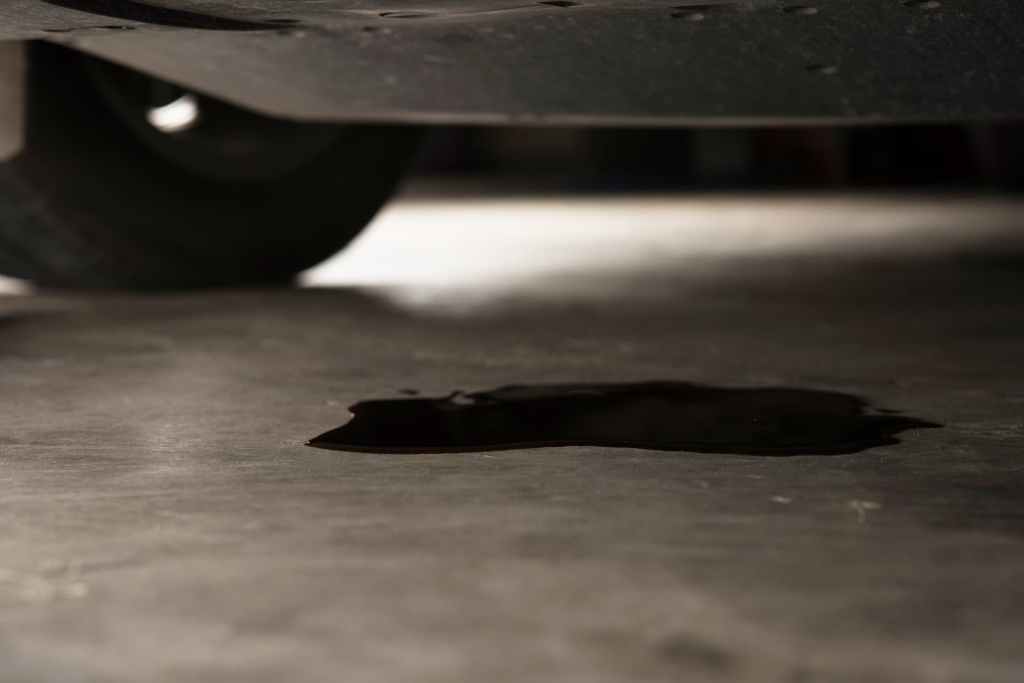
Brake fluid leaks can compromise your vehicle's braking performance, making it unsafe to drive. Leaking brake fluid can lead to reduced braking power or a complete brake failure. If you notice any signs of a brake fluid leak, such as a low brake fluid level or fluid spots under your Skoda car, it's essential to have your brake system inspected and repaired immediately. A qualified mechanic can identify and fix the source of the leak, ensuring your brakes function properly.
2. Cooling System Failures
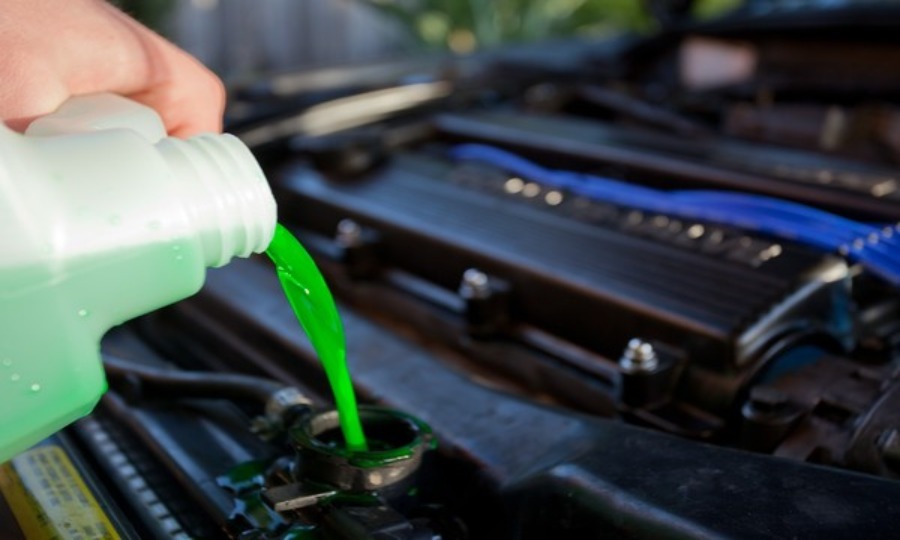
2.1 Coolant Leaks
Coolant leaks can cause engine overheating and serious damage to your Skoda car's engine. Leaking coolant can result from a faulty radiator, water pump, or hoses. If you notice any signs of a coolant leak, such as a sweet smell or green fluid under your vehicle, it's crucial to have your cooling system inspected and repaired promptly. Neglecting coolant leaks can lead to costly engine repairs or even engine failure.
2.2 Radiator Problems
The radiator plays a vital role in keeping your engine cool. Radiator problems, such as clogged fins or leaks, can lead to engine overheating and reduced cooling efficiency. Regular maintenance, including radiator inspections and cleanings, can help prevent these issues. If you notice any signs of radiator problems, such as coolant leaks or engine overheating, consult a professional mechanic for diagnosis and repair.
2.3 Thermostat Issues
A malfunctioning thermostat can cause engine overheating or insufficient heating in your Skoda car. A stuck closed thermostat can lead to overheating, while a stuck open thermostat can prevent the engine from reaching optimal operating temperature. Regular thermostat inspections and replacements can help prevent these issues. If you experience temperature-related problems, such as overheating or insufficient cabin heating, consult a professional mechanic for diagnosis and repair.
3. Fuel System Complications

3.1 Fuel Pump Failure
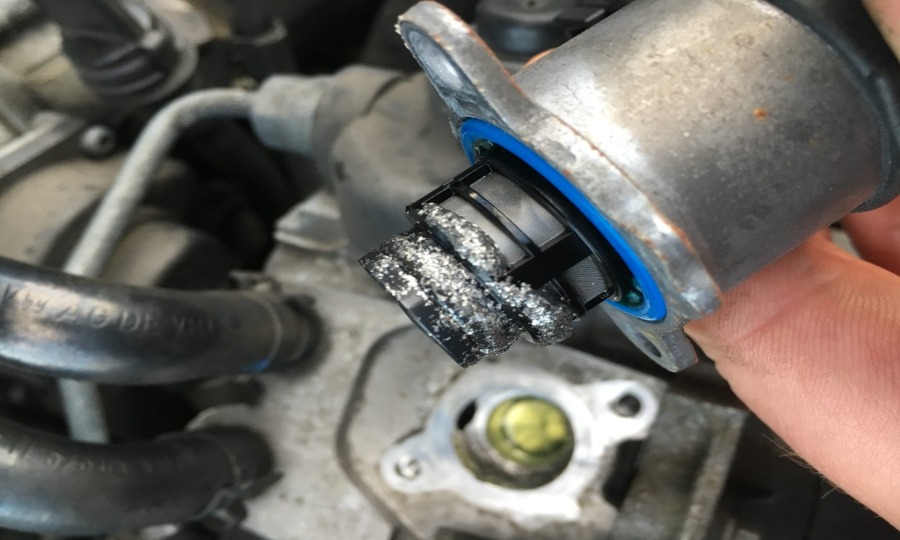
A faulty fuel pump can cause various fuel system problems, including engine misfires, starting issues, or a lack of power. Regularly checking and replacing the fuel pump when necessary can help prevent fuel pump failures. If you experience any symptoms of a failing fuel pump, such as engine hesitation or difficulty starting, consult a professional mechanic to diagnose and repair the issue.
3.2 Clogged Fuel Injectors
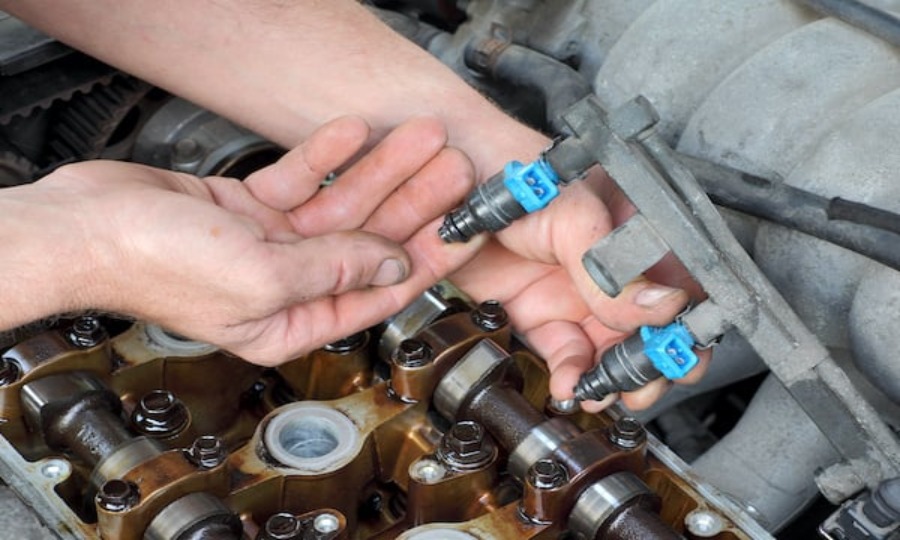
Clogged fuel injectors can disrupt the fuel delivery to your Skoda car's engine, resulting in reduced performance and fuel efficiency. Regular fuel system maintenance, such as using fuel additives or having professional fuel injector cleanings, can help prevent clogged fuel injectors. If you notice any signs of a clogged fuel injector, such as rough idling or decreased power, consult a professional mechanic for diagnosis and repair.
3.3 Fuel Filter Blockage
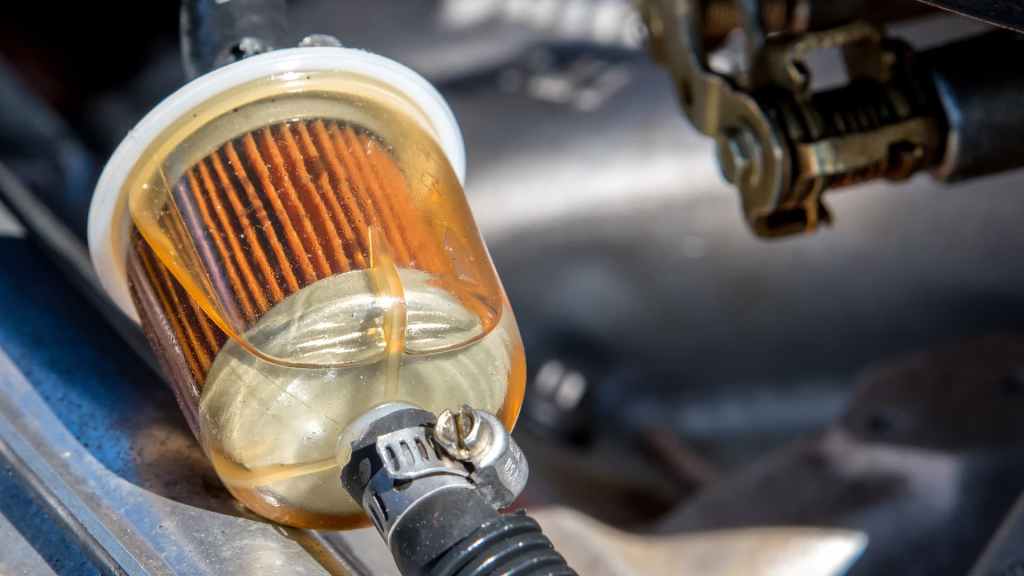
A blocked fuel filter can restrict the flow of fuel to your Skoda car's engine, causing starting issues, reduced power, or engine stalling. Regularly replacing the fuel filter at recommended intervals can help prevent fuel filter blockage. If you experience any symptoms of a blocked fuel filter, such as difficulty starting or poor engine performance, consult a professional mechanic for diagnosis and replacement.
4. Interior and Electrical Components
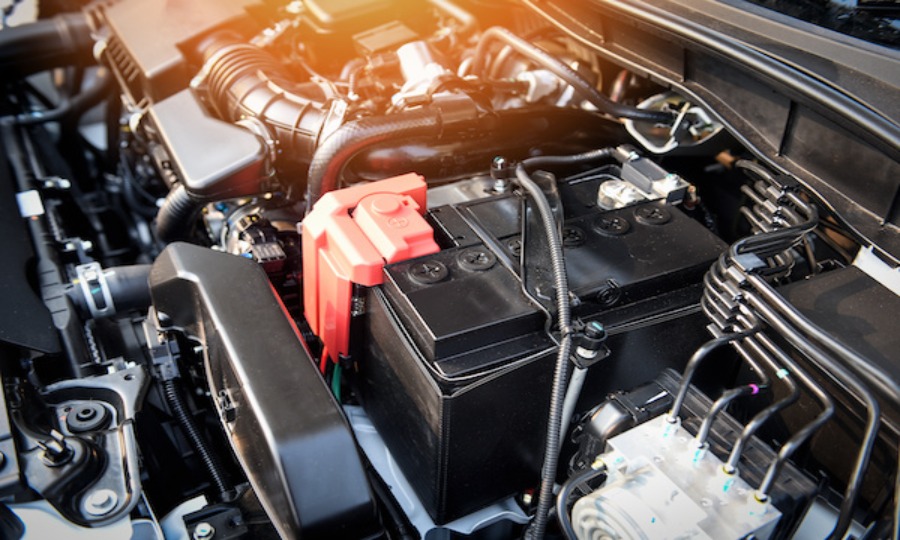
4.1 Faulty AC System
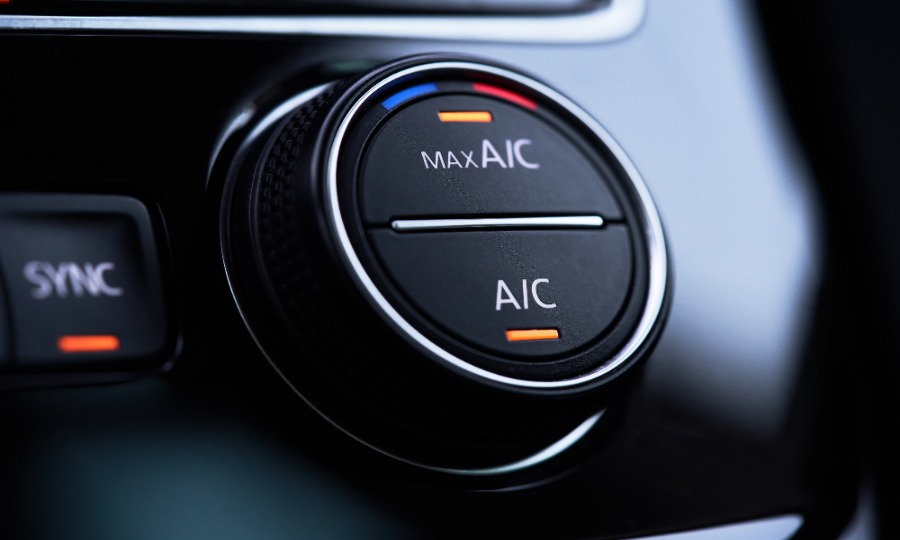
A malfunctioning air conditioning (AC) system can make driving uncomfortable, especially during hot weather. Common AC problems in Skoda cars include refrigerant leaks, faulty compressors, or electrical issues. Regular AC system inspections and maintenance can help prevent these problems. If you notice any issues with your AC system, such as warm air blowing or unusual noises, consult a professional mechanic for diagnosis and repair.
4.2 Power Window Problems
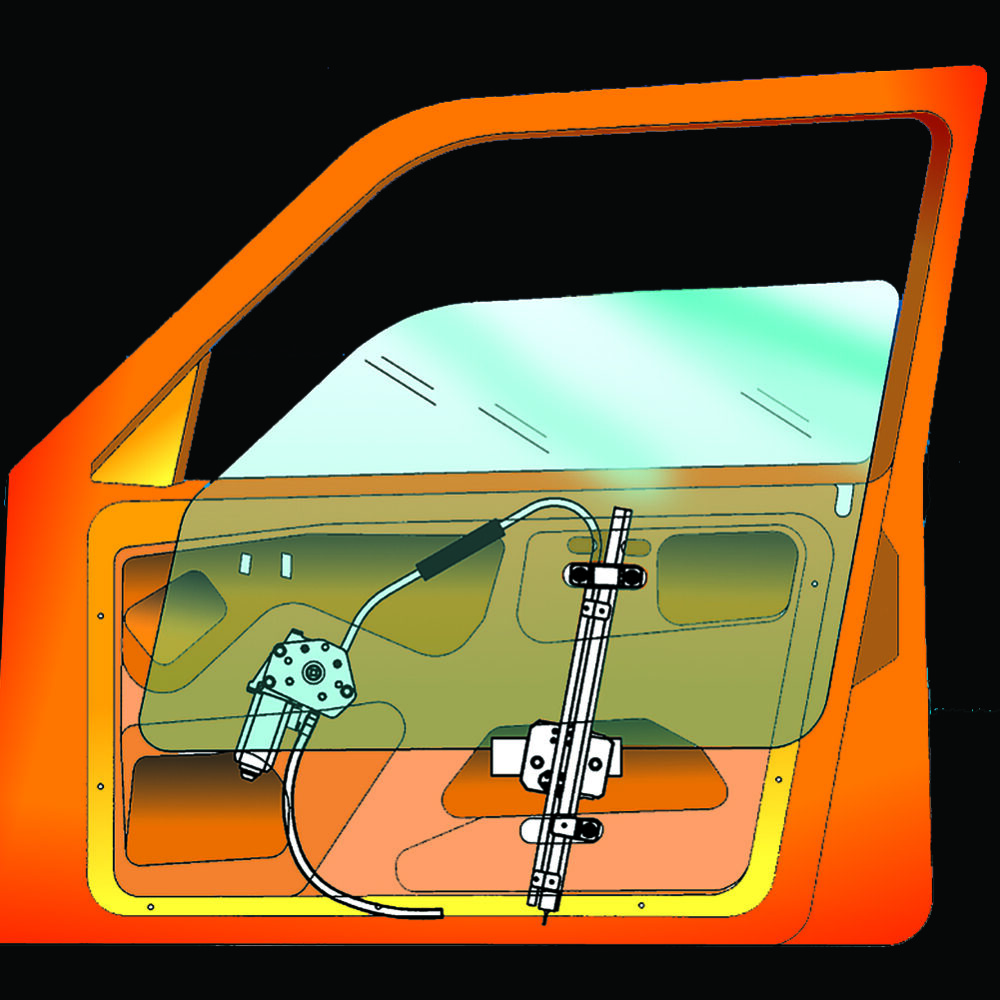
Power window problems, such as non-functional or slow-moving windows, can be frustrating for Skoda car owners. These issues can occur due to faulty window regulators, switches, or electrical components. Regularly lubricating the window tracks and maintaining the power window system can help prevent these problems. If you experience any power window issues, consult a professional mechanic for diagnosis and repair.
4.3 Malfunctioning Instrument Cluster
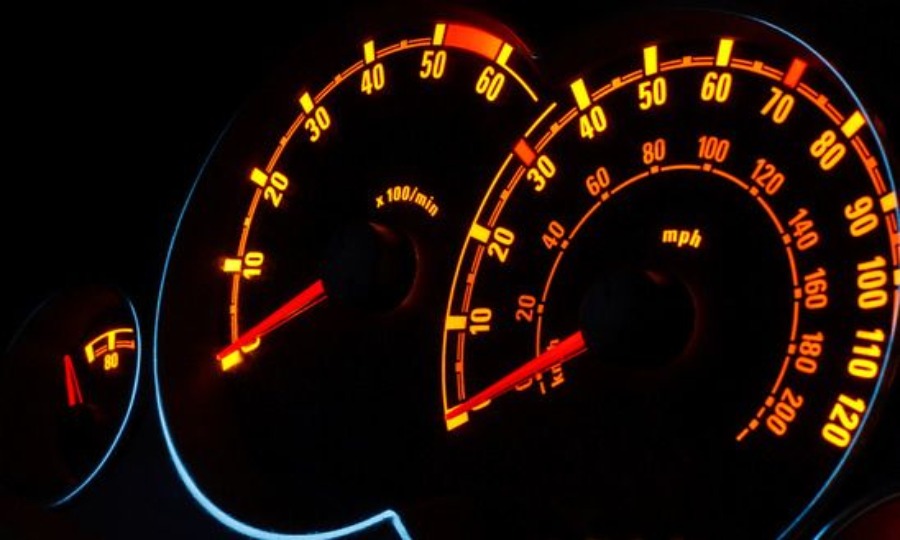
A malfunctioning instrument cluster can result in inaccurate readings or non-functional gauges in your Skoda car. This can make it difficult to monitor essential vehicle parameters, such as speed or fuel levels. Regularly inspecting and maintaining the instrument cluster can help prevent these issues. If you notice any problems with your instrument cluster, such as incorrect readings or non-working gauges, consult a professional mechanic for diagnosis and repair.
Thanks for giving your valuable time to read this blog, If you have a car and In case you are looking for a trusted car repair abu dhabi garage then we would like to recommend Service My Car to get the best repair for your car.
5. Conclusion
In conclusion, Skoda cars can encounter various common problems, ranging from electrical issues to engine and transmission troubles. By being aware of these problems and their solutions, you can address them promptly and keep your Skoda car in optimal condition. Regular maintenance, inspections, and timely repairs are key to ensuring a smooth and trouble-free driving experience. If you encounter any problems beyond your expertise, it's always recommended to consult a professional mechanic who specializes in Skoda vehicles.
This post was edited by Mark Meyer at November 1, 2023 2:07 AM MDT




















